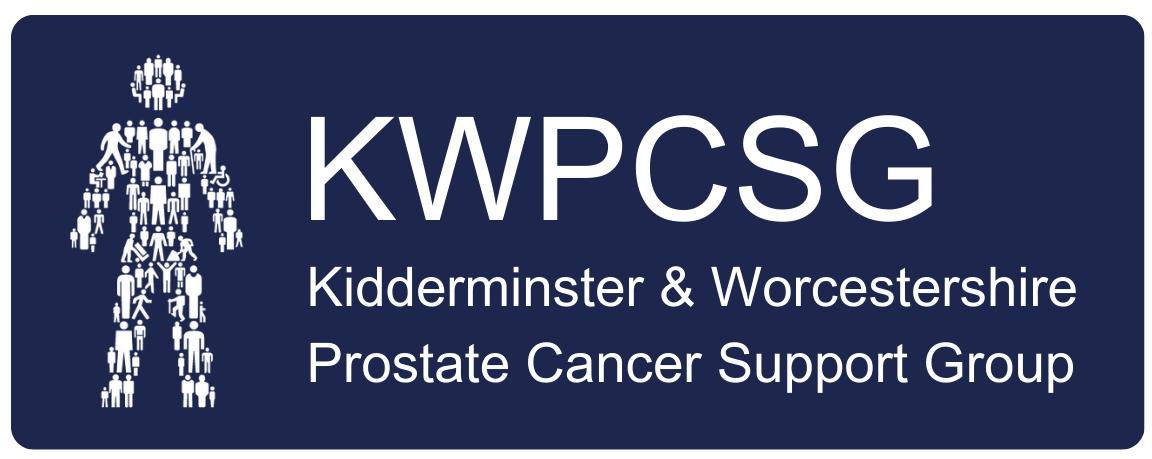
Earlier this year I woke up and was immediately aware of a sensation that had eluded me for the past 30 months. I had thought that a certain part of my anatomy was beyond help. Just short of three years on, hormone therapy, radiotherapy to the prostate and 11 months on second line hormone therapy would surely render the area inoperative, but, no, it happened – if only I could remember what my brain was imagining in those moments before I woke!
I went back to sleep but thought about it later in the day. Did it mean anything? Had the treatment stopped working? I was due to see my CNS the following week, so I put the matter on the back burner for a few days.
The side effects of treatment have never really been discussed with my medical team. I just assumed that that part of life was over. In a sense I was cursed on two fronts: the hormone therapy reduced or destroyed my libido, while the radiotherapy was just the finishing touch leading to a high probability of erectile dysfunction.
I turned up at the hospital the following week and was informed that my CNS was not available. I would have to be nurse assessed in the Rowan Suite prior to collecting my supply of abiraterone tablets. Anyone who has collected tablets or had treatment in the Rowan Suite will know that it is not an area where you can hold a private conversation. You are surrounded on both sides by patients undergoing infusions for a catalogue of different cancers. The nurse asked, ‘Is everything okay?’
There was no way I was going to open with, “Well, the other morning I woke up with an —- —-.” I could visualise the other patients in the room all spluttering into their tea, turning and staring at me. This was a time for decorum, which meant I left with the question unasked.
Later that week I had an appointment at my GP surgery for my latest Prostap injection (hormone therapy). I took the opportunity to ask the question. After first giving the nurse my permission to have a chuckle if she saw fit, to her credit she maintained her composure and kept a poker face. Before giving the injection, the nurse asked if I knew what it was for and why it was being given. I replied, ‘Yes, to reduce / prevent production of testosterone and slow down the cancer growth.’
The nurse then added that there were occasions when some patients turned up for Prostap and had no idea what it was, or what it was trying to do (surely someone has taken their eye off the ball here). Alas, again the nurse, having no specialist knowledge in urology or prostate cancer, could not answer the question. Two attempts, two failures.
Having found their support invaluable previously, I decided my next attempt should be to contact Prostate Cancer UK. Strangely, I have found it easier to talk to women about my problems and would far rather discuss an extremely personal matter with them rather than with another man. I rang the freephone helpline number with some apprehension, saying to myself, “Please don’t let it be a man that answers.” The telephone was answered. “Prostate Cancer UK, you are speaking to John, how can I help?”
There was a deathly silence as my brain screamed, “Aaargh!,” then the conversation started. I asked the question. There was a second deathly silence as “John” thought about the question, wondering if someone was winding him up and wasting his time. After a few minutes of pleasant chat, the conversation ended, the less than reassuring answer being. “It happens sometimes.”
This piece, with its amusing element, was written to demonstrate the problem that occurs if you fail to get the answer to a simple question. It gains a momentum that ultimately assumes far more importance in the eye of the sufferer than the actual medical consequences. We need a reliable and robust system that allows men to contact someone with knowledge of prostate cancer, its symptoms and side effects of treatment, when they have an issue to discuss.
I have since told my brothers and their wives about my predicament. They found it highly amusing.
– Mark Howard
